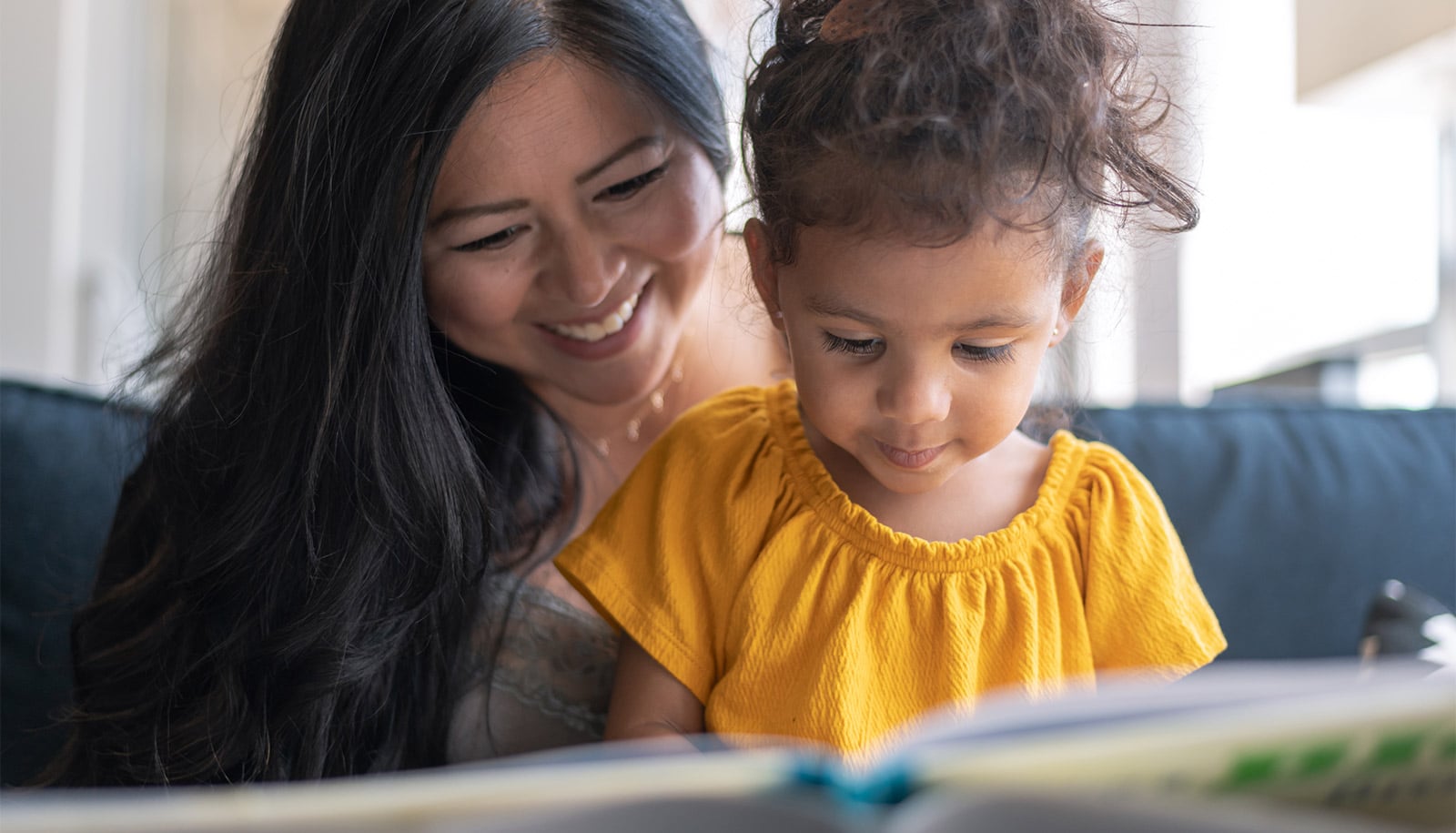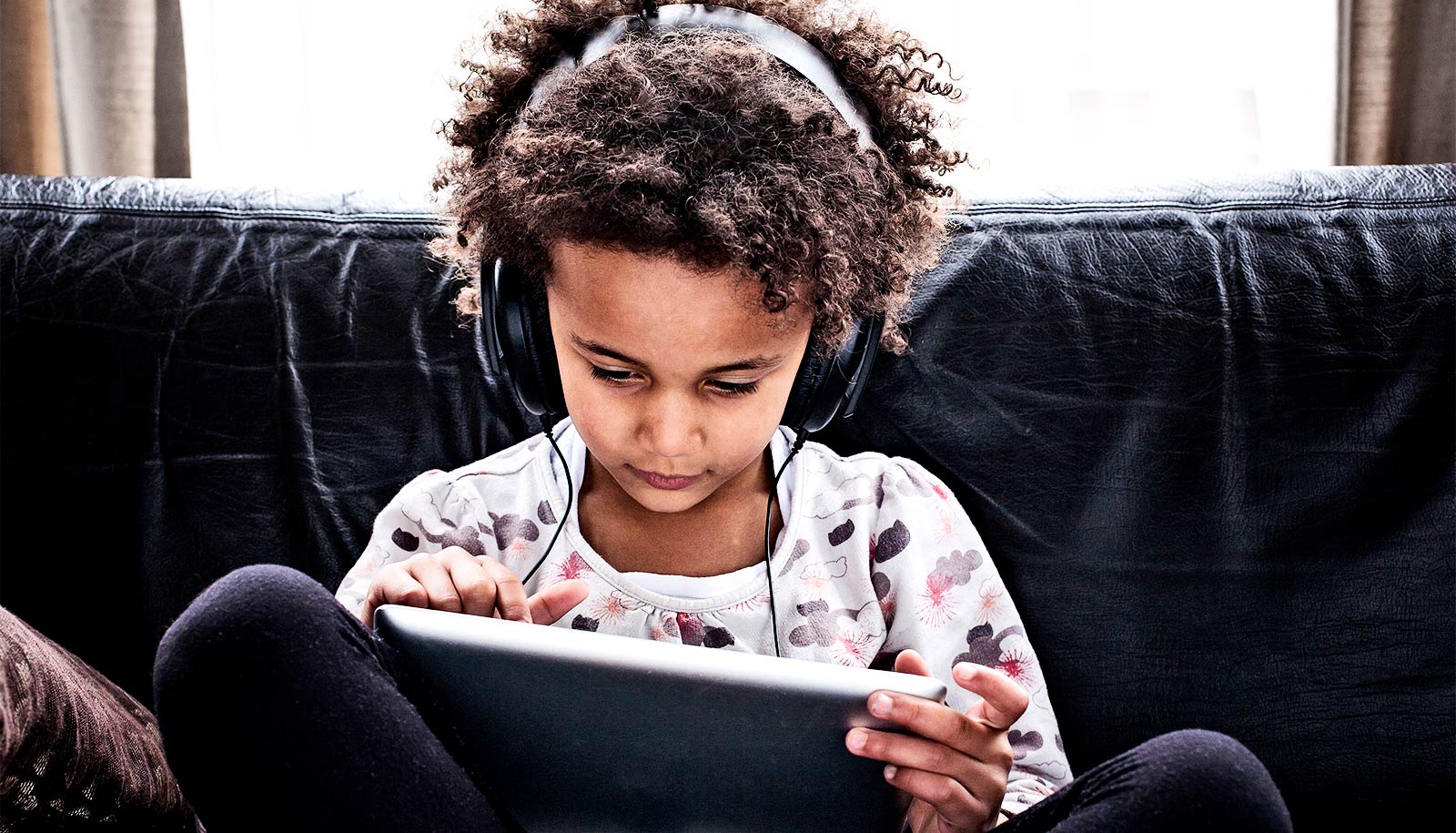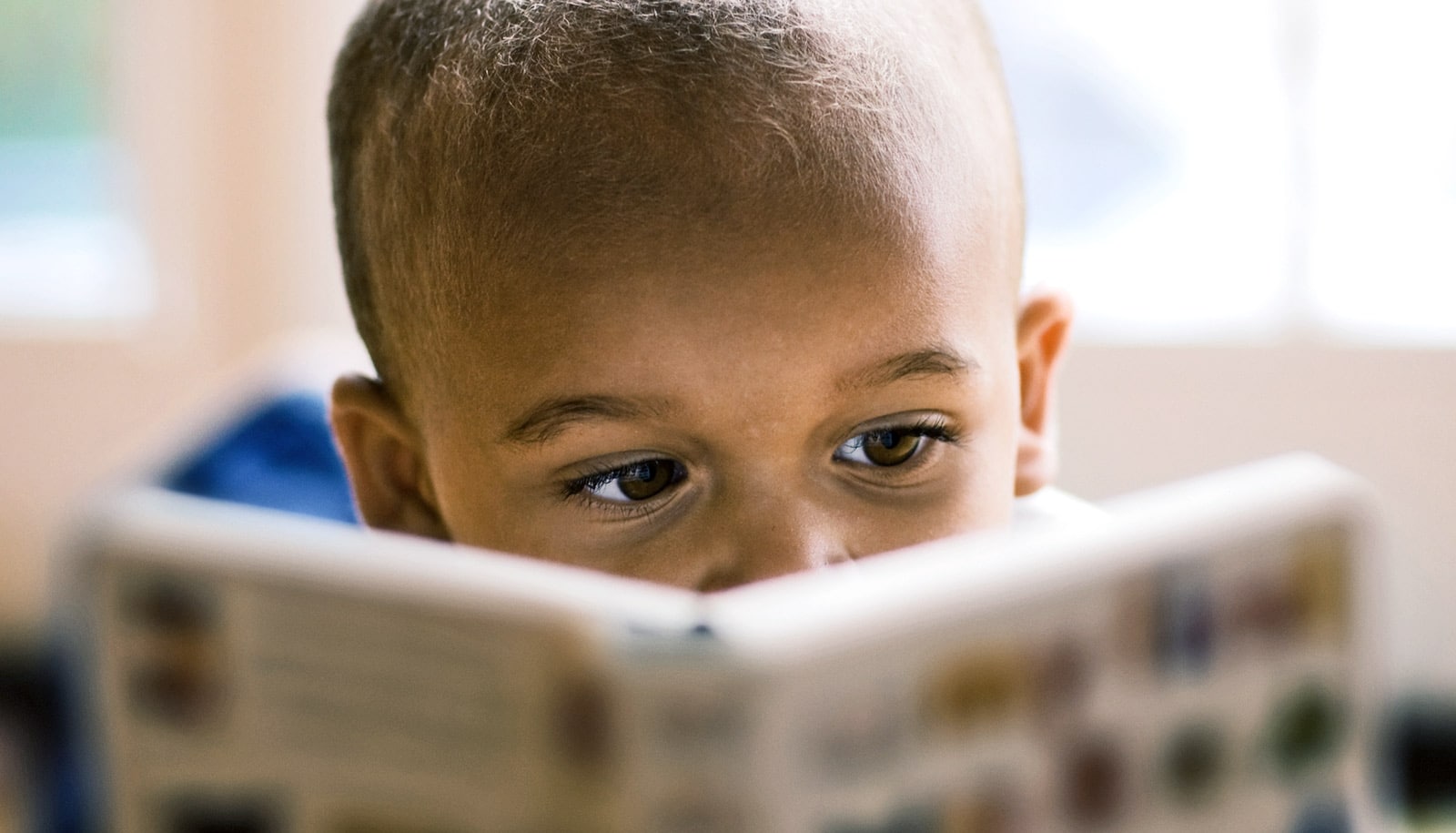When it comes to reading to young children, huddling together over a good old-fashioned book is still better than story time on a tablet, new research suggests.
Researchers examined interactions between 72 parents and their toddlers ages 24-36 months and compared interactions while reading tablet apps versus traditional children’s books.
Parents talked more to their children—with children in turn responding to them more—while reading a print version, according to the study in Pediatrics. Children more prone to emotional outbursts also responded to their parents better when reading from a book.
“Parent-child interactions through shared reading promote language development and literacy and may also benefit friendships, school success, and other child development outcomes later in life,” says lead author Tiffany Munzer, a behavioral developmental pediatrician at the University of Michigan Health C.S. Mott Children’s Hospital.
The new study supports Munzer’s earlier findings indicating that when parents and children read print books, they talk more frequently, and the quality of their interactions are better than when they read electronic books.
Ninety-eight percent of families of children under age nine own a cell phone or tablet, and toddlers spend on average over two hours per day using digital media.
“Tablets and mobile devices are prominent fixtures in modern family life, but they aren’t as educational or valuable to children’s development as traditional books,” Munzer says.
Software designers creating e-reading material for children should seek input from trained early childhood specialists to cater the delivery of content for children and eliminate distractions like animations and ads, she adds.
Children’s health providers should also help guide parents on media use.
“Pediatricians should continue to recommend that parents co-view digital media with their children when possible, ask open-ended questions, and talk during reading time to help their children engage and learn,” Munzer says.
Source: University of Michigan



